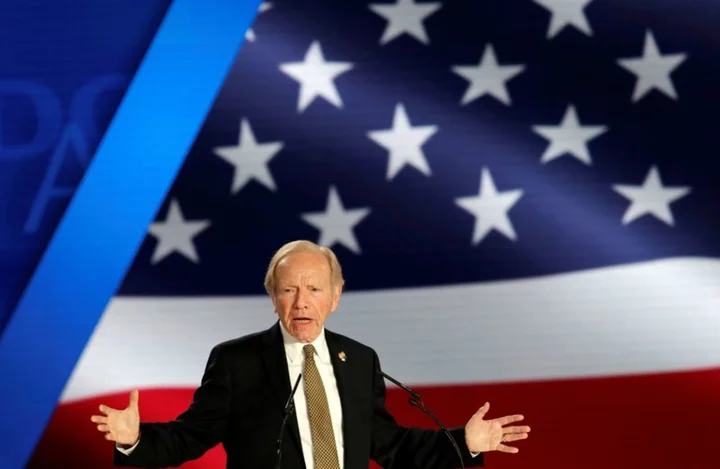LOS ANGELES, CALIFORNIA: Prominent media diversity advocate Marcus Ryder has voiced his criticism of Disney's remake of 'The Little Mermaid' for its failure to address the horrors of slavery in the Caribbean. Ryder, who is also the chair of the Royal Academy of Dramatic Art and an influential campaigner from Britain, commended the casting of Halle Bailey but raised concerns about the film's portrayal of racial harmony. After watching the movie with his young son, Ryder felt compelled to write a blog expressing his disappointment, believing that the film missed an opportunity to gently educate children.
In his blog post titled 'Disney's The Little Mermaid, Caribbean Slavery, and Telling the Truth to Children', Ryder pointed out that the film appears to be set in the 18th century, a time marked by African chattel slavery. However, the fictional Caribbean islanders close to Atlantica are depicted as living in a world devoid of human rights atrocities. “I do not think we do our children any favors by pretending that slavery didn’t exist,” he wrote. “Setting the fantastical story in this time and place is literally the equivalent of setting a love story between Jew and Gentile in 1940 Germany and ignoring the Jewish holocaust.”
'Whitewashing difficult parts of history'
While acknowledging that 'The Little Mermaid' is a work of fantasy and doesn't need to be historically accurate, Ryder contended that children should not be shielded from the past. He suggested that Disney could have set the film in Haiti after it had overcome slavery, allowing Ariel to meet her prince against the backdrop of emerging racial harmony. “We owe it to our children to give them the most amazing fantastical stories possible to help their imaginations grow,” he said. “We do not do this by ‘whitewashing’ out the difficult parts of our history. We do it by embracing our rich history and empowering them with the truth.”
After sharing his blog post on Twitter, Ryder faced backlash from users who argued that 'The Little Mermaid' should be treated solely as a fairytale. He ultimately deleted the tweet due to widespread misunderstanding of his intentions.
In a subsequent Twitter thread, Ryder clarified that he enjoyed the film and praised its portrayal of Black beauty and on-screen diversity. However, he raised concerns about diversity behind the camera, noting that the director and writer were not representative of the experiences being depicted. “The sad reality is this great film left me concerned that Disney did not take seriously this very sensitive time and place which due to the atrocities that happened there should be treated very carefully – especially for impressionable children,” he wrote.
In a statement to Deadline, Ryder emphasized the significance of representation, despite the unpleasant experience of being targeted on Twitter. “The whole affair points to how important representation is," he said. "And even though it was no fun to be the target of the Twitter onslaught, the positive I hope it demonstrates to film studios is that if you increase diversity you can get a loyal and committed audience that will defend your film vociferously from even the slightest perceived criticism, that is the type of audience engagement money simply cannot buy. Even if in this case I think the perceived criticism was misunderstood.”
Who is Marcus Ryder?
Marcus Ryder, the Head of External Consultancies at the Sir Lenny Henry Centre for Media Diversity and a former BBC employee who chaired the Royal Television Society's Diversity Committee, remains committed to promoting diversity and representation within the industry.









